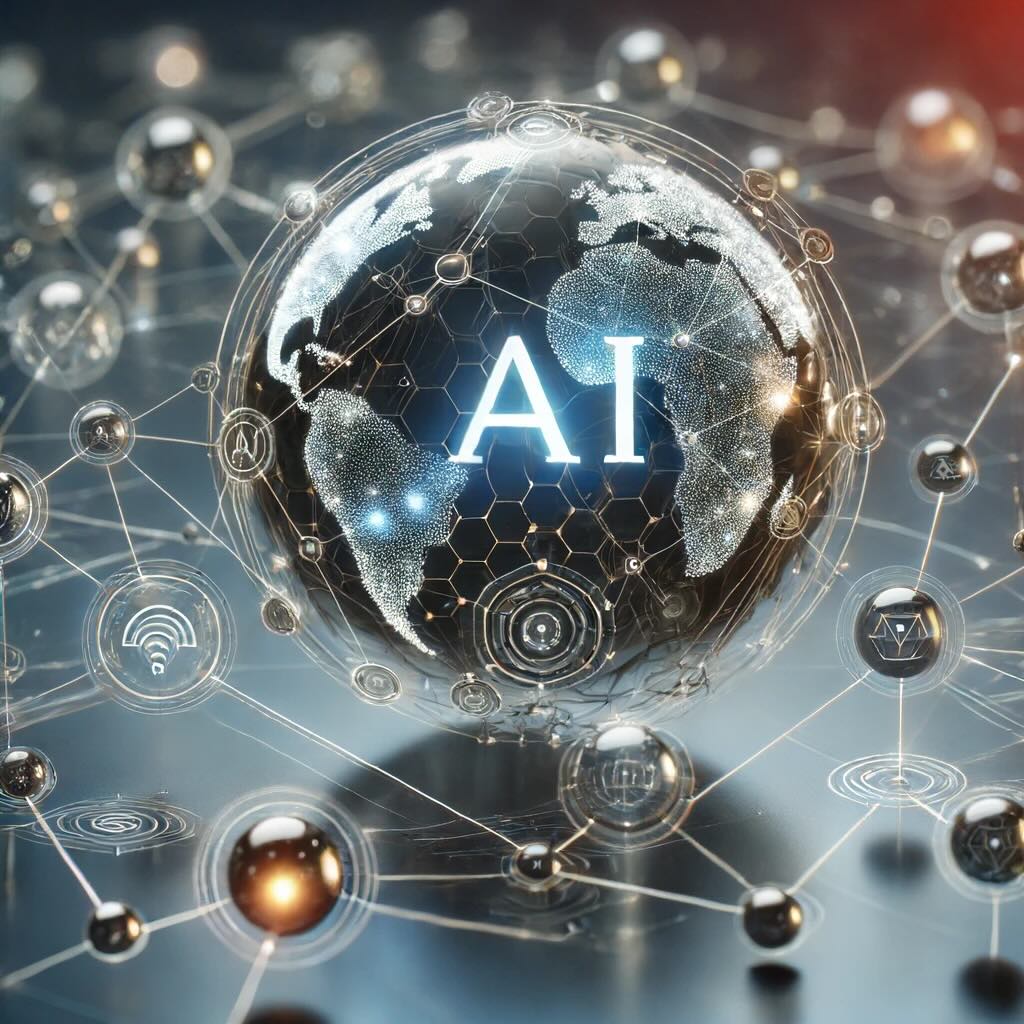We are using AI to enhance performance and improve decision-making. The allocation economy suggests that knowledge workers will shift to managing AI tools that do more of the work rather than doing it themselves. These AI tools are agents that have large language model (LLM) front ends to facilitate scaled interactions using plain language. What does this mean for our knowledge and allocation economies?

Many hands, light work
A recent study by Cornell researchers found that increasing the number of AI agents collaborating can significantly improve performance. Imagine a world where you’re compensated more for how well you can allocate intelligence, rather than having it. People who can effectively allocate intelligent agents to improve outcomes will arguably perform better than those who can’t.
In Knowledge lies power
Knowledge workers are rewarded for what they know. Thanks to internet-powered tools like Google, access to world knowledge is fully democratized. Now AI is making sense of all this accessible knowledge to put accessible intelligence into the hands of the many.
Think of AI as having your own personal research assistants to make sense of all the world’s accessible knowledge. So if everyone has access to intelligence, we are all smarter. However, delivering real value is the result of good execution on a good idea.
Allocation is key for good execution
The allocation economy is largely about execution. How well can you assemble an execution pipeline with the intelligence and means to deliver on a good idea? Imagine a world where you don’t need to find smart people. Instead, you are manager of accessible intelligent resources, where successful outcomes rely upon your ability to right-size allocations. What kind of skills do you need to thrive in a world like this?
Summary
An agentic workforce is a digital workforce infused with AI agents. Research highlights that organizations are getting smarter through sheer strength in numbers, and those numbers are through the addition of intelligence, or AI agents, to the digital workforce. As compute power and abilities continue to scale, automating unlimited amounts of agents to complete tasks could lead to mind-blowing increases in capabilities.

